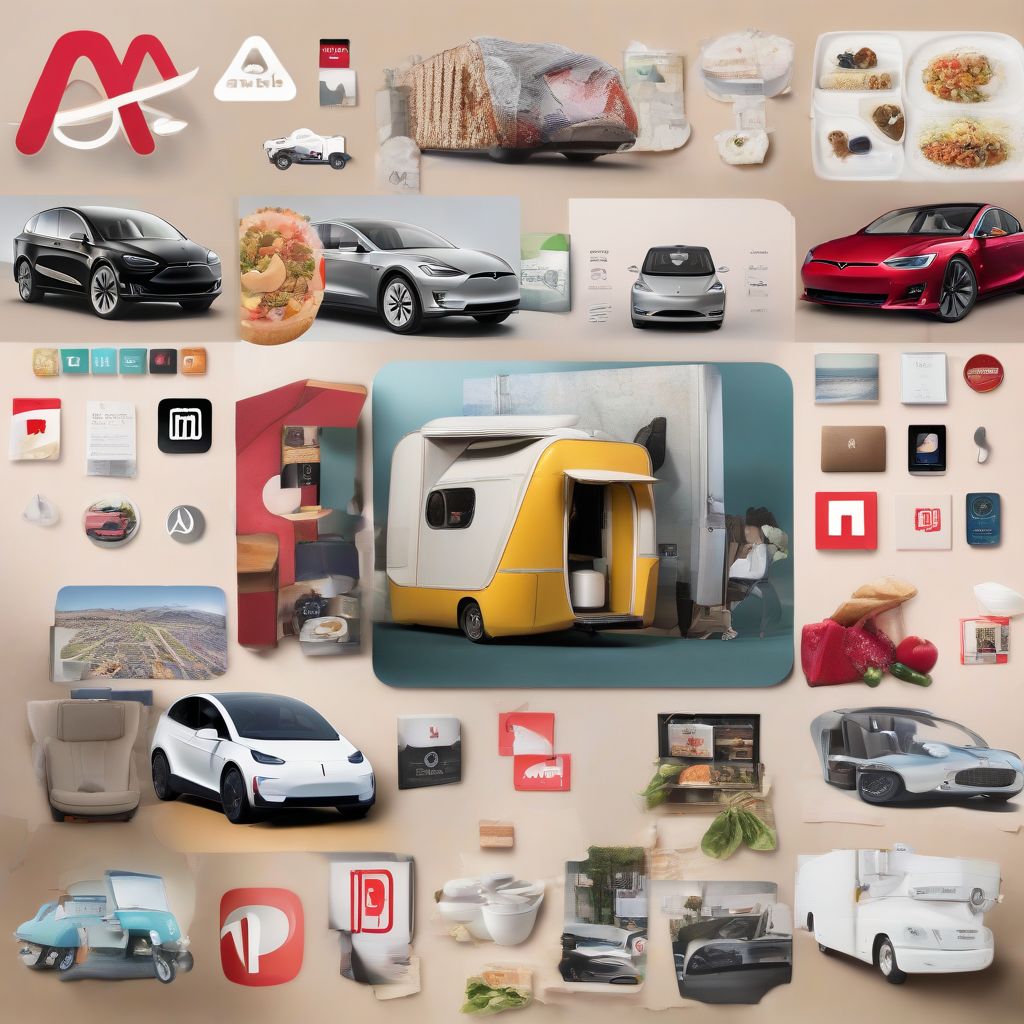Have you ever wondered how some companies seemingly come out of nowhere and completely disrupt the status quo? They don’t just introduce a new product; they reinvent the entire game. These are the companies that employ revolutionary business models, and their impact ripples across industries, changing how we live, work, and interact. This article delves into some of the most impactful revolutionary business models that have transformed industries, offering valuable insights into the strategies that drive disruptive innovation.
The Power of Disruption: Rethinking Traditional Approaches
Before diving into specific examples, it’s important to understand what constitutes a revolutionary business model. It’s more than just a slight tweak or improvement; it’s a fundamental shift in how value is created and delivered. Think of it as a paradigm shift, challenging existing assumptions and creating new market realities. This often involves leveraging technology, rethinking supply chains, or focusing on a previously underserved customer segment.
The Rise of the Sharing Economy: Access Over Ownership
One of the most disruptive business models of recent times is the sharing economy. Companies like Airbnb and Uber revolutionized the hospitality and transportation industries, respectively, by connecting individuals with underutilized assets. Instead of owning a hotel or a fleet of taxis, these platforms facilitate sharing, creating a more efficient and accessible marketplace. This model emphasizes access over ownership, appealing to a generation that values experiences and flexibility.
Subscription Services: The Recurring Revenue Model
The subscription model has taken the world by storm, transforming industries from software to entertainment to even meal kits, an area close to my heart as a nutritionist and meal prep coach. Companies like Netflix and Spotify disrupted traditional media consumption by offering unlimited access to content for a recurring fee. This model creates a predictable revenue stream for businesses and provides consumers with convenience and affordability. In the realm of nutrition, subscription-based meal prep services offer personalized, healthy meals delivered right to your doorstep, removing the hassle of grocery shopping and cooking.
E-commerce and the Direct-to-Consumer Revolution
E-commerce has fundamentally reshaped retail. Amazon, the pioneer of this model, bypassed traditional brick-and-mortar stores and created a vast online marketplace. This allowed for greater product selection, competitive pricing, and unparalleled convenience. More recently, the direct-to-consumer (D2C) model has further disrupted retail by allowing brands to connect directly with their customers, bypassing intermediaries and building stronger relationships. This enables personalized marketing and greater control over brand messaging.
Case Studies: Analyzing Transformative Business Models
Examining specific cases helps illustrate the impact of these revolutionary business models. Consider Dollar Shave Club, which disrupted the razor industry by offering affordable, high-quality razors through a subscription service. They challenged the established giants by focusing on a direct-to-consumer model, cutting out retail markups and offering a more convenient solution.
Another example is Tesla, which revolutionized the automotive industry with its focus on electric vehicles and a direct-to-consumer sales model. They challenged the traditional dealership model and built a strong brand following through innovative technology and a focus on sustainability.
The Importance of Adaptability and Innovation
“The only constant is change,” Heraclitus wisely stated. Businesses that fail to adapt and innovate risk becoming obsolete. Blockbuster, once a dominant force in video rentals, failed to recognize the disruptive potential of streaming services like Netflix and ultimately succumbed to the changing market landscape. This highlights the importance of staying agile and embracing new technologies and business models.
The Future of Business Models: Embracing Emerging Technologies
The pace of technological advancement is accelerating, and new business models are continuously emerging. Artificial intelligence, blockchain, and the metaverse are just a few of the technologies poised to disrupt industries in the coming years. Businesses that can effectively leverage these technologies to create innovative products and services will be well-positioned for success. As a nutritionist, I see the potential of AI-powered personalized nutrition plans and virtual reality fitness experiences.
 Revolutionary Business Models
Revolutionary Business Models
- Hardcover Book
- Zatta, Danilo (Author)
- Binder, Julia (Author)
- English (Publication Language)
- Used Book in Good Condition
- Hardcover Book
- Review, Harvard Business (Author)
- English (Publication Language)
- Used Book in Good Condition
- Hardcover Book
- Amazon Kindle Edition
- Chernev, Alexander (Author)
- ADUA, RAPHAEL N (Author)
- English (Publication Language)
- McComb, Dave (Author)
- English (Publication Language)
- Audible Audiobook
- Linda Kohanov (Author) - Teri Schnaubelt (Narrator)
- O’Connor, Arthur J. (Author)
- English (Publication Language)
Building a Revolutionary Business: Key Considerations
For aspiring entrepreneurs and established businesses alike, several key considerations are essential when developing a revolutionary business model:
- Customer-centricity: Focus on solving a real problem for your target customers.
- Value innovation: Offer a unique value proposition that differentiates you from the competition.
- Scalability: Design a model that can be easily scaled to reach a wider audience.
- Adaptability: Be prepared to adapt and evolve as the market changes.
Conclusion: Embracing the Future of Business
Revolutionary business models have reshaped industries and transformed how we live. From the sharing economy to subscription services to the rise of e-commerce, these innovative approaches have created new opportunities and challenged traditional ways of doing business. By understanding the principles behind these models and embracing emerging technologies, businesses can position themselves for success in the ever-evolving landscape of the future. What are your thoughts on the future of business models? Share your insights and predictions in the comments below. Let’s continue the conversation!










